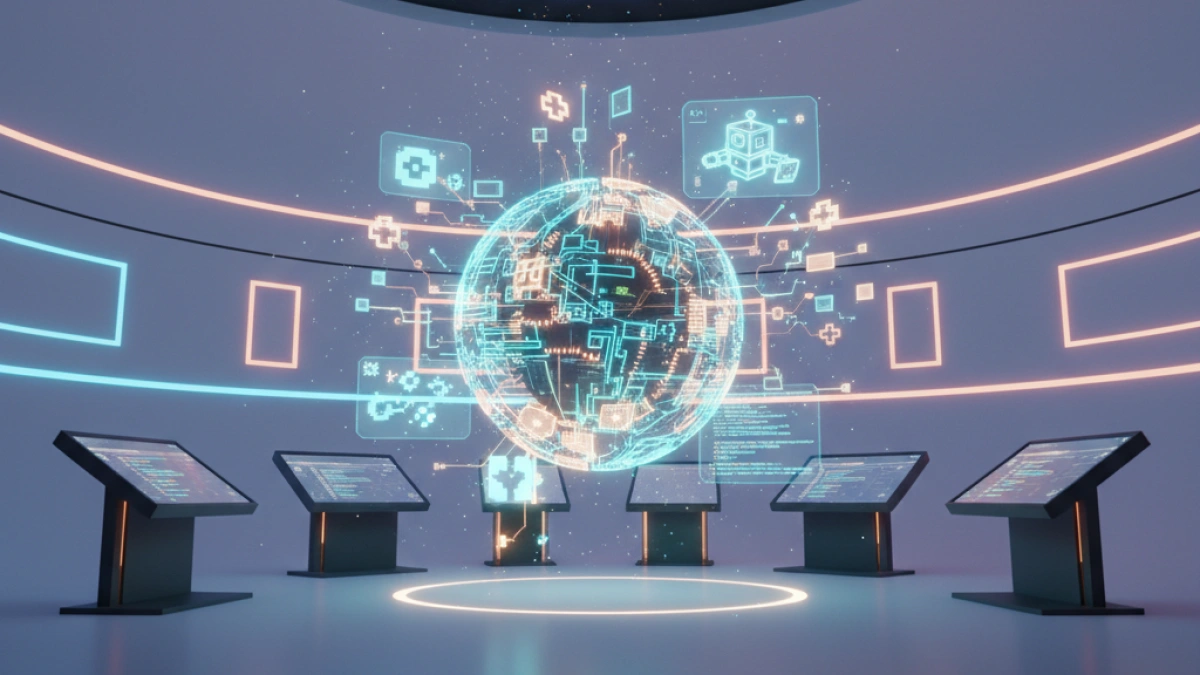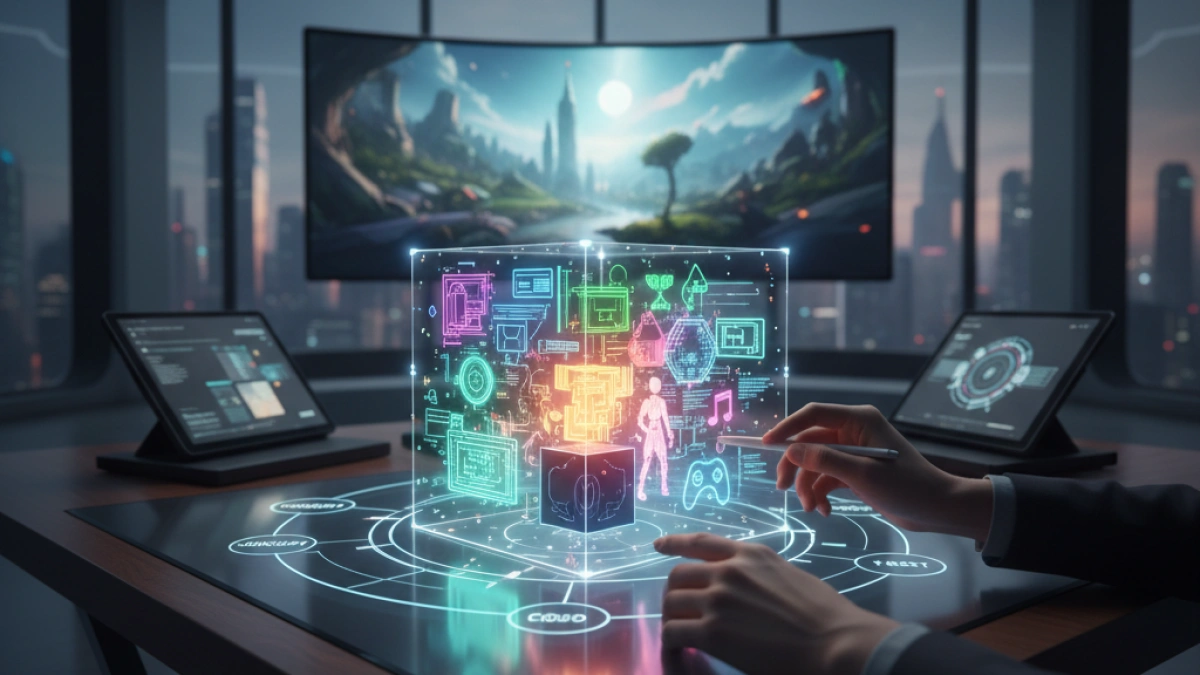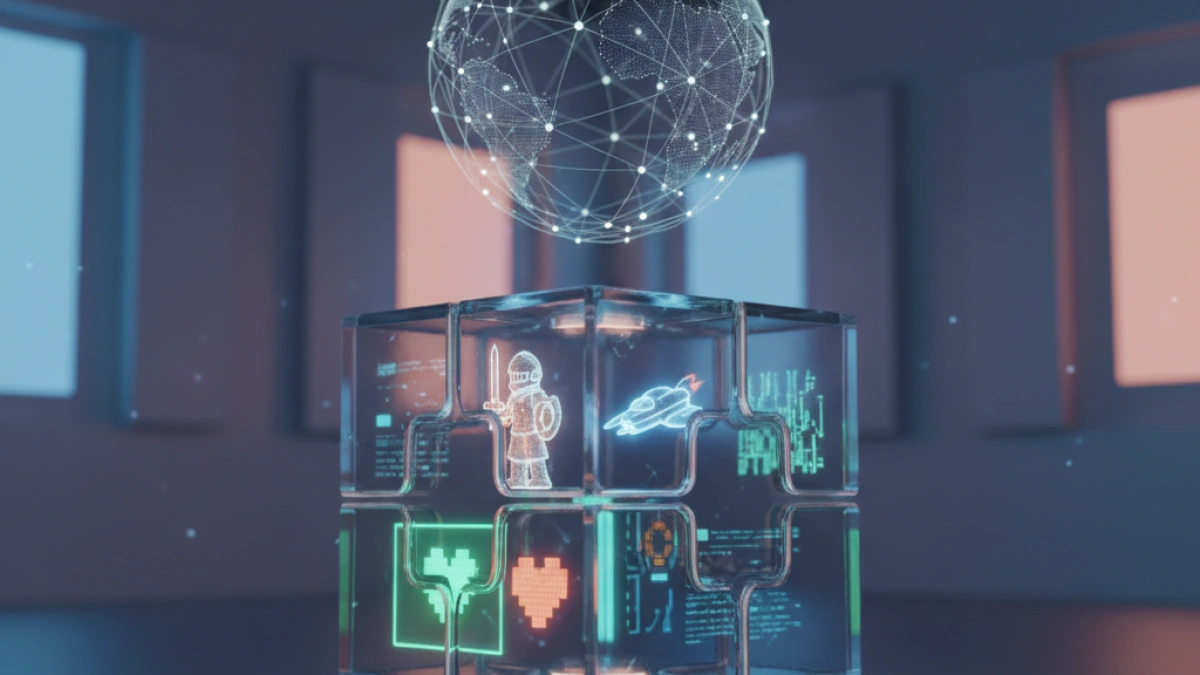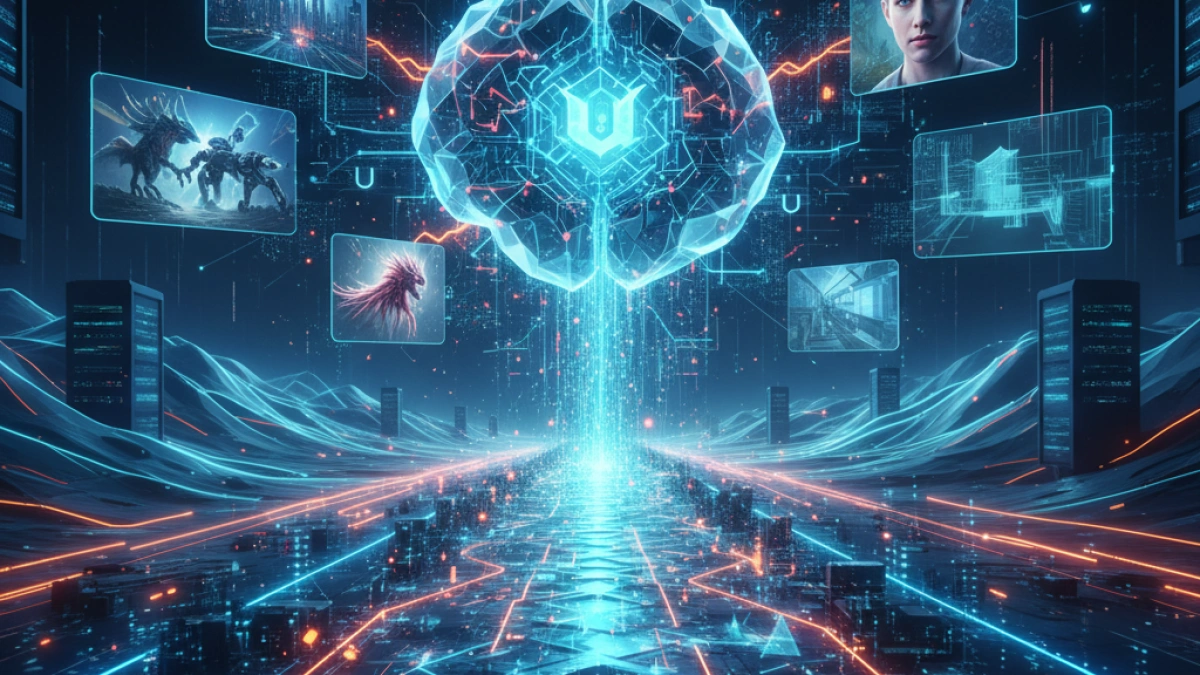Indie Game Development How to Start From Scratch?


Indie game development has experienced a boom in the last decade. More and more novice and experienced developers are looking to create their own games independently, using accessible tools and online resources. This article will guide you through the necessary steps to start in the world of indie game development from scratch.
What is an Indie Game?
Indie games are those developed by individuals or small teams without the backing of major studios. This model allows for greater creativity and artistic freedom, leading to the creation of innovative and unique titles that often wouldn't adhere to the production guidelines of large companies.
1. Find Your Idea
1.1. Get Inspired
Before diving into programming, it's crucial to find an idea that excites you. Examine other indie games as well as popular titles on various platforms. Take notes on what you like and think about how you could bring something new to the table.
1.2. Define Your Genre
Determine the genre of the game you want to create. Some popular categories include:
- Platformers
- RPGs (Role-Playing Games)
- Adventure
- Puzzle
- Simulator
Each genre has its own challenges and technical requirements, so choose one that you are passionate about.
2. Project Planning
2.1. Create a Game Design Document (GDD)
A GDD is essential for structuring your project. It should include aspects such as:
- Game summary: A brief overview of your concept.
- Game mechanics: Describe how it will be played.
- Art style: Define the aesthetics and visual tone.
- Platforms: Decide which platforms the game will be available on (PC, mobile, consoles).
2.2. Set a Timeline
Establish a timeline with realistic goals. Keep in mind that developing a video game can take months or even years. Break the project into phases and assign deadlines.
3. Tools and Resources
3.1. Game Engines
Choose a game engine that fits your needs. Some popular options include:
- Unity: Ideal for 2D and 3D games, with a large community.
- Unreal Engine: Excellent for 3D graphics and complex environments.
- Godot: An open-source engine that is very accessible for new developers.
3.2. Graphic and Sound Resources
To create an appealing game, you’ll need graphics and sounds. Consider the following options:
- Graphics: You can create your own graphics using software like Photoshop or GIMP, or look for free resources on sites like OpenGameArt and itch.io.
- Sound: Use royalty-free audio libraries, such as Freesound, or create your own sound effects and music.
4. Learning and Skill Development
4.1. Programming
Programming is essential in game development. The most common languages are:
- C#: Used in Unity.
- C++: Used in Unreal Engine.
- GDScript: Used in Godot.
There are abundant educational resources on platforms like Udemy, Coursera, and YouTube.
4.2. Game Design
It’s not just about programming; you should also understand the principles of game design. Consider reading books like "The Art of Game Design: A Book of Lenses" by Jesse Schell or "Rules of Play" by Katie Salen and Eric Zimmerman.
5. Testing and Feedback
5.1. Internal Testing
As you develop your game, conduct internal testing to identify bugs and areas for improvement. Use tools like Trello or Asana to track progress.
5.2. Player Feedback
Once you have a playable version, seek feedback from players. You can launch it on platforms like Steam, itch.io, or Game Jolt to gather opinions.
6. Publishing and Marketing
6.1. Publishing Strategies
Decide how and where to release your video game. Options include:
- Steam: Ideal for PC.
- App Store/Google Play: For mobile games.
- Consoles: Research the publishing requirements.
6.2. Marketing
Leverage social media and gaming communities to promote your game. Use platforms like Twitter, Instagram, and Discord to connect with other developers and players.
Conclusion
Indie game development can be a rewarding and challenging adventure. By following these steps, you can begin your journey into the world of game development from scratch. Remember that the key is perseverance and a passion for creation. Good luck on your path as an indie developer!



















